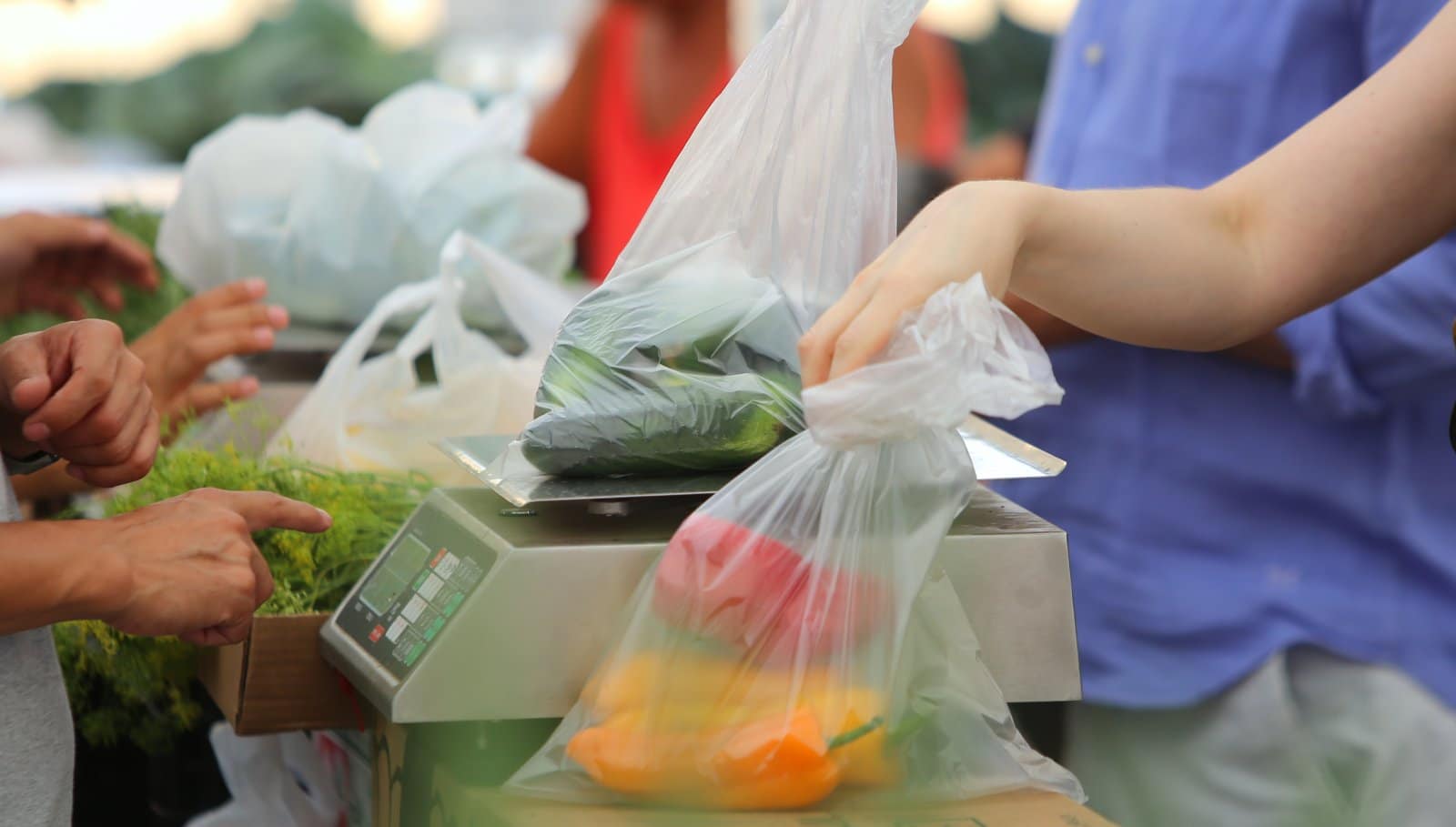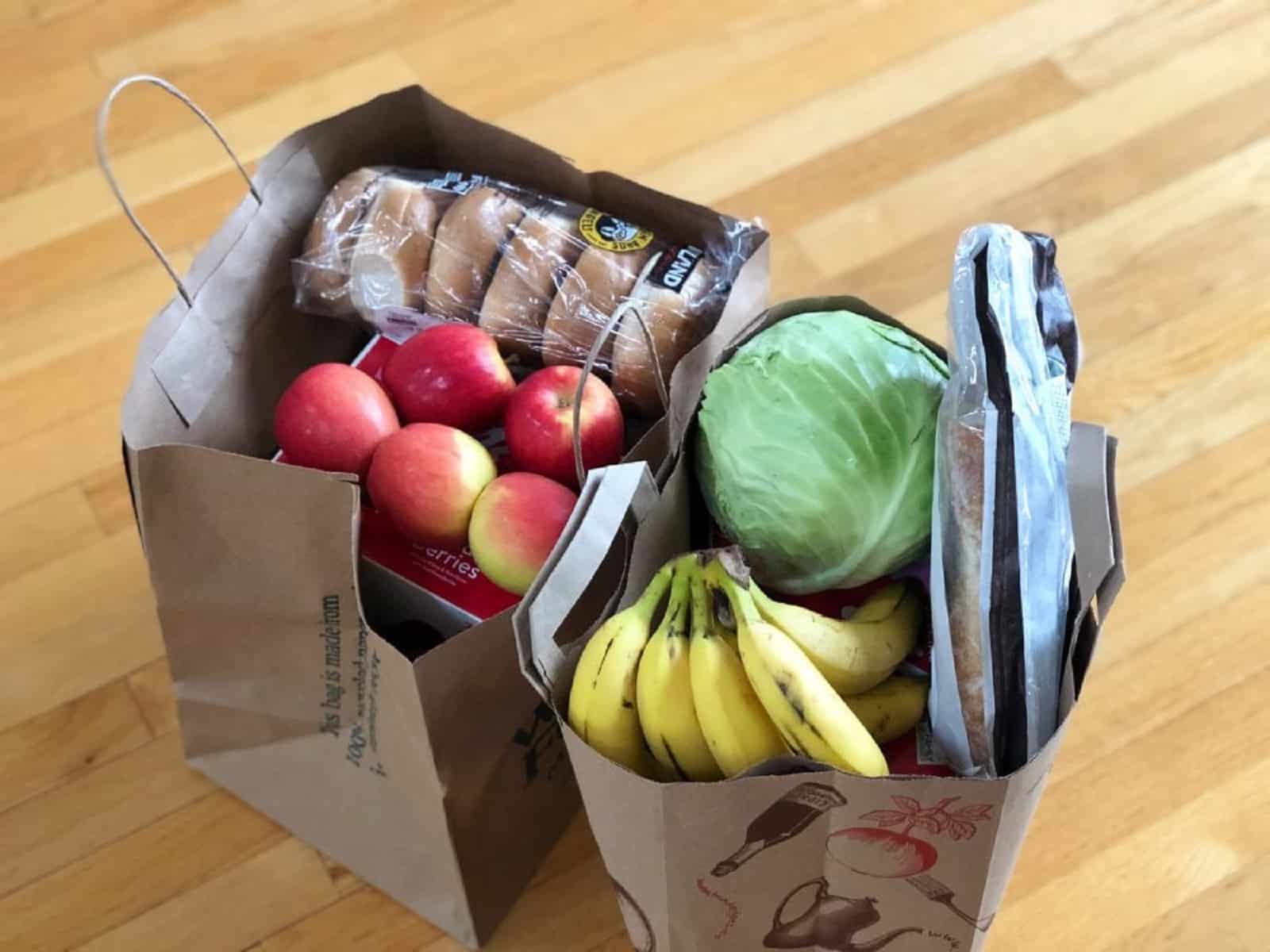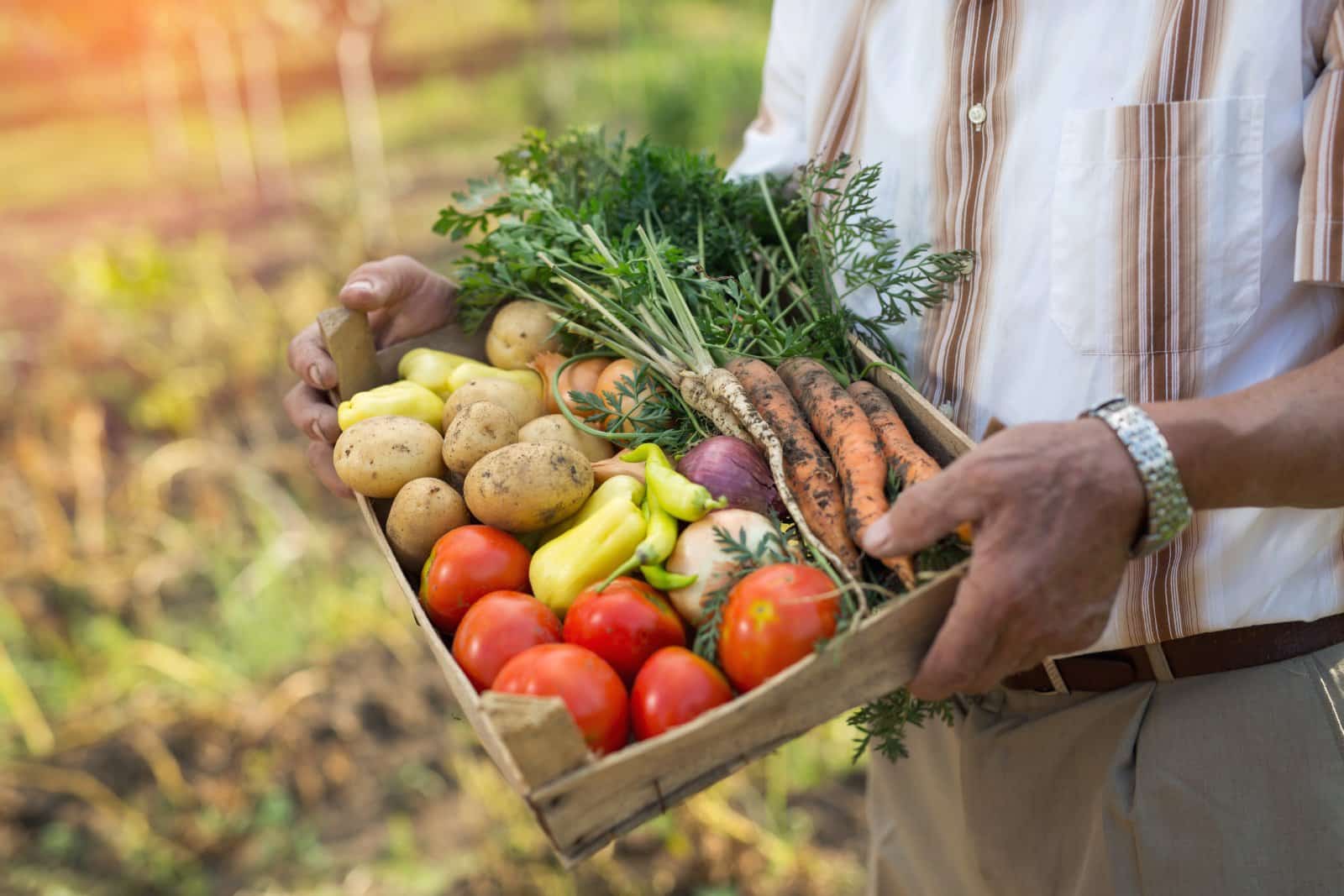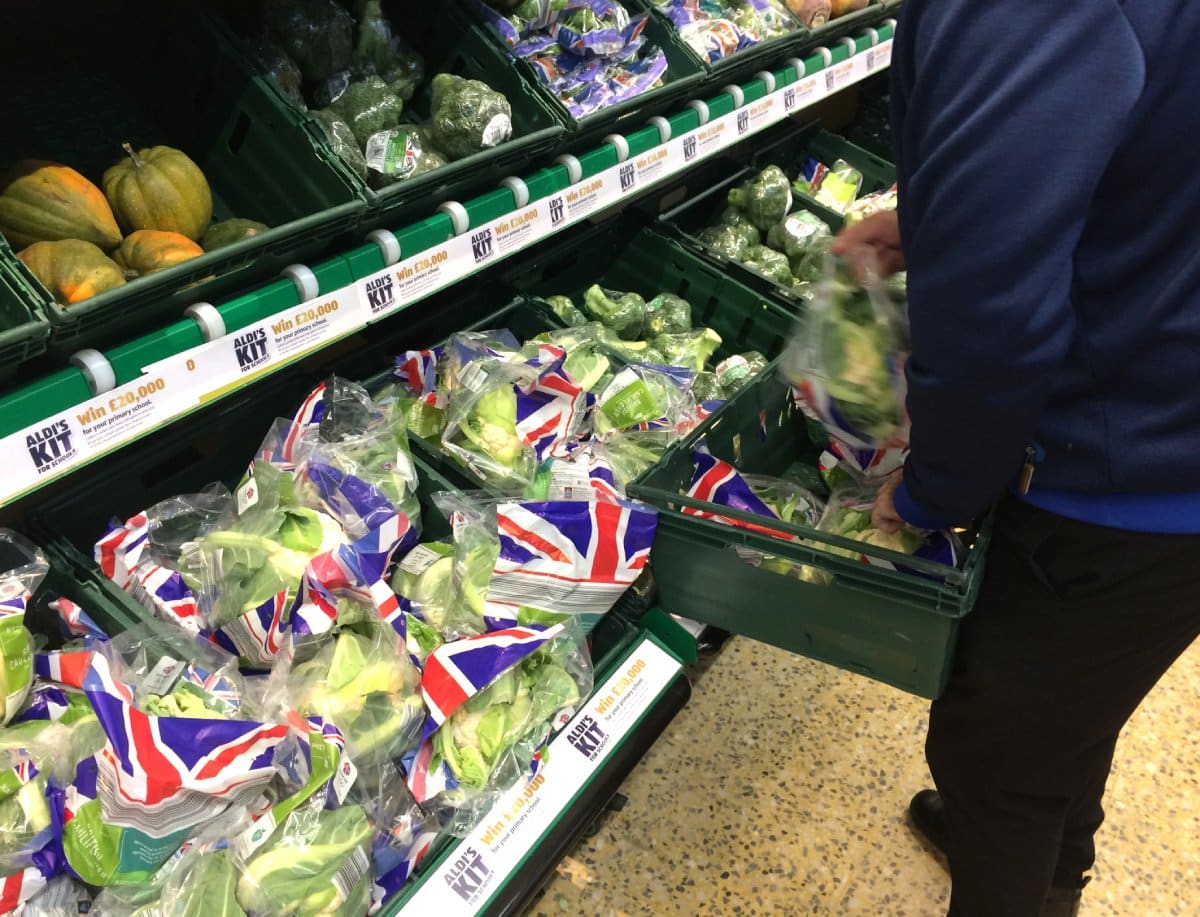New data reveals that 15% of UK households faced food insecurity last month, sparking concerns over widening health inequalities and the adequacy of social support systems amidst the ongoing cost of living crisis. Here’s the full story.
Food Insecurity

New data reveals that 15% of UK households faced food insecurity last month, sparking concerns over widening health inequalities and the adequacy of social support systems amidst the ongoing cost of living crisis. Here’s the whole story.
Skyrocketing Prices

For many, life in the UK is becoming unavoidably unaffordable, with skyrocketing prices for everyday necessities making life harder and harder for everyday families.
Food Foundation

A recent report from the Food Foundation paints a particularly grim picture of the current state of food insecurity in the United Kingdom.
15% of Households

The data from the report revealed that 15% of households, equivalent to approximately 8 million adults and 3 million children, experienced food insecurity in January alone.
Cost of Living Crisis

This crisis, exacerbated by the skyrocketing prices of food and the ongoing cost of living crisis, is pushing millions of people, including one in five families with children, to skip meals and struggle with necessities like groceries becoming unaffordable.
Low-Income Families

The persistence of high levels of food insecurity among low-income families is not merely an economic issue; it poses a significant threat to public health.
17th Century Diseases

Experts have warned that this crisis could lead to a surge in conditions associated with poor nutrition, such as malnutrition and, shockingly, in the 21st century, rickets, a disease associated with long sea voyages in the 16th and 17th centuries.
Less Fruit

Alarmingly, nearly two-thirds of food-insecure households reported buying less fruit, and 44% bought fewer vegetables, exacerbating concerns about widening health inequalities and placing undue strain on a National Health Service (NHS) which is already on its knees.
Disproportionate Impact

The latest data from the Food Foundation highlights the disproportionate impact of food insecurity on low-income families.
Alarmingly High

Despite a slight decrease from previous years, food insecurity levels remain alarmingly high, mirroring the chaotic first weeks of the pandemic in 2020.
Unable to Help

For many low-income families, food insecurity has become the norm as local support systems crumble and the gutted welfare state is unable to help those in the most need.
45% of Households

According to the Food Foundation’s findings, 45% of households receiving universal credit, the main low-income benefit, reported experiencing food insecurity.
Urgent Interventions

These findings led the Food Foundation to call for urgent policy interventions to address the systemic issues driving food insecurity, including ensuring automatic entitlement to free school meals for all children in families on universal credit.
Household Support Fund

Concerns are mounting over the potential discontinuation of the household support fund, a vital source of assistance for struggling families.
Meal Vouchers

With the government considering ending this £900m-a-year hardship fund, many fear the repercussions for families, particularly those reliant on school holiday meal vouchers.
“Health Emergency”

Public health experts and policymakers have sounded the alarm, characterizing the escalating food insecurity crisis as a “health emergency.”
Meeting Basic Needs

Professor Michael Marmot highlights the importance of nutritious food for families, stating, “There are fewer needs more basic than nutritious food for you and your children. In the UK in 2024, one in five households with children cannot meet that basic need. They are simply too poor; and the poorer they are, the less likely they are to be able to meet that need.”
3 Million Children

In response to mounting pressure, the government response was almost alarmingly bland, with a government spokesperson stating, “We recognise the pressures people are facing, which is why we are providing £104bn in cost of living support worth on average £3,700 per household, while our healthy food schemes are helping more than 3 million children.”
“Back to Work”

The spokesperson continued: “We know work is the best route out of poverty – so we’re investing billions through our ‘back to work’ plan to break down barriers to work while raising the national living wage and curbing inflation so even more people can secure long-term financial security.”
Surge in Prices

However, critics have argued that these right-wing talking points about securing work being the most efficient route out of poverty will do nothing to help the fact that, over the past two years, the cost of a weekly basket of food that is deemed “reasonably priced and sufficiently nutritious” has surged by 24-26%
Long Term Security

Others have stressed that the government’s efforts will not be sufficient to address the root causes of food insecurity and ensure long-term financial security for vulnerable households.
Urgent Action

As the UK grapples with the profound implications of escalating food insecurity, urgent action is needed to mitigate the crisis’s impact on public health and well-being.
Safeguarding Health

Addressing the systemic factors driving food insecurity, enhancing social safety nets, and ensuring equitable access to nutritious food must be prioritized to safeguard the health and livelihoods of millions of vulnerable individuals and families nationwide.
Past Diseases

Anything less, and we risk the return of diseases that belong in the past making a comeback into the kitchens of the United Kingdom.
More Articles Like This…
Broken Britain: 12 Reasons Behind the UK’s Decline
Say the Unsayable: 10 Occasions When Farage Spoke His Mind About Britain
The post First World Problems: 15% of Households Struggle to Afford Basic Groceries in the UK first appeared on Edge Media.
Featured Image Credit: Shutterstock / Matylda Laurence.
Grant Gallacher is a seasoned writer with expertise in politics and impactful daily news. His work, deeply rooted in addressing issues that resonate with a wide audience, showcases an unwavering commitment to bringing forth the stories that matter. He is also known for satirical writing and stand up comedy.

